A consultation on the new surveillance equipment code of practice, launched by the government, has now ended, as of March 21st. A draft of a new surveillance equipment usage code was released at the beginning of February and the government had asked that consultation be given on the draft. The code aims to ensure that surveillance equipment like CCTV cameras and ANPR are used only to fight crime and that the public has a greater say in how the systems are best utilised to protect them.
The draft code set out plans to ensure that cameras and recording equipment like CCTV and ANPR were only used proportionately and only as a means to help fight crime. The code also aimed to ensure that local councils and organisations were more accountable because the public would have a greater say in how the systems were used and would be able to judge the results more transparently. The government requested consultation on the draft code and set a deadline of the 21st March for responses.

CCTV are regularly used in town centres as well as in areas of reportedly high crime in a bid to deter would be criminals and to catch those that do commit crimes. Private companies and private residences may also use these cameras but only under specific conditions in order to ensure that privacy is not breached. There are also strict laws on how CCTV footage can be used but at the beginning of February the government launched a code to further improve how these surveillance systems were used.
Another aspect of the new code was the use of ANPR, or Automatic Number Plate Recognition systems. ANPR cameras and equipment can detect and essentially read number plates before comparing them to various databases. One use of these cameras is to catch drivers that are uninsured or that are driving when banned. As well as being found in certain police vehicles they are also found at roadsides and other areas and may also be used in car parks and other private property.
Minister for Criminal Information Lord Taylor of Holbeach said, when announcing the draft code, that both CCTV and ANPR could prove vital in the fight against crime and in catching criminals but that the two systems had developed significantly over recent years without the introduction or improvement of the codes of practice that surround their use. He also said that the code would be accompanied by an independent commissioner to ensure that the public saw the greatest returns and the police and local councils had greater accountability regarding their use of the systems.
CCTV and ANPR can prove an invaluable tool in the fight against crime and modern systems are highly advanced. The government consultation period, which ended on the 21st March, was set to provide and request information on a new code set out by the government at the beginning of February. The new code would affect residents as well as those that use and rely on both form of surveillance camera and equipment.

